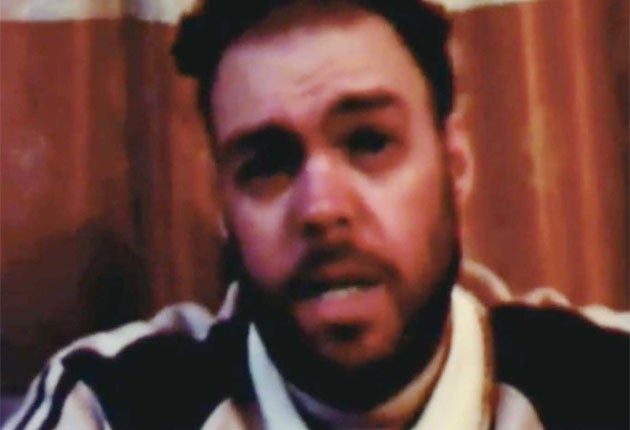Moore's debriefing may leave one key question unresolved

Peter Moore, the British hostage freed in Iraq, was being debriefed yesterday at the British embassy in Baghdad and quizzed about the two-and-a-half years he was held captive.
Meanwhile Iraqi officials said yesterday that a senior militia commander who was handed over by the Americans to the Iraqi authorities will shortly be released. The release of Qais al-Khazali, the leader of the group Asaib Ahl al-Haq (The League of the Righteous), had been demanded by Mr Moore's kidnappers. He is expected to take up a political role, joining one of the mainstream Shia parties, after he is freed.
Speculation continued over whether, as reported, Mr Moore had been taken to Iran during his captivity. According to diplomatic sources, he has said he was "not aware" of having been taken there.
The British and Iraqi governments insisted that there was no evidence to back a newspaper claim that Mr Moore and the others were kidnapped by Iran's Revolutionary Guards, immediately taken across the border into Iran, and then held in a prison operated by the Guards' Al-Quds force. Were these allegations to be proven, it would mean that the Iranian government was directly complicit in the kidnapping and murder of British subjects – actions described by one Whitehall official as "tantamount to acts of war", if true.
Mr Moore, a 36-year-old IT technician, is expected to fly home to the UK soon. He has said that he was separated from his four bodyguards seven months after all five men were abducted in May 2007, and was subsequently held in solitary confinement. Three of those kidnapped along with Mr Moore – Alec Maclachlan, Jason Swindlehurst and Jason Creswell – were later killed, and the fourth bodyguard, Alan McMenemy, is believed to have died as well.
The same report, in The Guardian, also claimed that Sami al-Askari, an adviser to Iraqi Prime Minister Nouri al-Maliki, had flown to Iran for negotiations to secure the release of the hostages. Mr al-Askari stressed yesterday that although he had taken part in talks, they were held inside Iraq, not in Iran.
Sheikh Jassim al-Saidi, a senior member of Asaib Ahl al-Haq, the group accused of carrying out the kidnappings, likewise maintained that the hostages had not been taken across the border. Mr Moore "was not held in Iran, and you can ask the hostage," he said. "He knew where he was. He hadn't been in Iran a single day."
Mr Moore was kidnapped, along with his four bodyguards, from an office of the Finance Ministry in Baghdad by men dressed in police uniform. One theory published yesterday was that Mr Moore was targeted because "he was installing a system that would show how vast amount of international aid was diverted to Iran's military groups in Iraq".
However, friends of Mr Moore, and officials, said he was a "low to mid-level" internet technician, and that the success or otherwise of such a system did not depend on his presence. One diplomatic source said: "Peter Moore did not have a copyright on tracking movements of money. He wants to make it clear that his role was pretty straightforward, mainly training, and he was not involved in any secret investigation."
The BBC reported that its security correspondent, Frank Gardner, had been told by General David Petraeus, the former US commander in Iraq, that "I'm 90 per cent certain... that they were held in Iran for some period of their captivity." Gen Petraeus had previously accused Iran of "advising" and "training" Shia groups of the type suspected of kidnapping the British hostages. He has also stated, however, that UK and US forces carried out raids inside Iraq based on intelligence that the hostages were being held inside that country.
Questions have been raised as to whether the UK government was attempting to play down possible, although unproven, Iranian involvement because of the fraught relations between Iran and Britain, and with new international sanctions against the Tehran government under discussion, over its nuclear programme.
A Foreign Office spokesman said: "Iran of course has an influence in Iraq, but we have no evidence to substantiate claims of direct involvement in the kidnapping. We have no evidence that the British hostages, including Peter Moore, were held in Iran."
Join our commenting forum
Join thought-provoking conversations, follow other Independent readers and see their replies
Comments